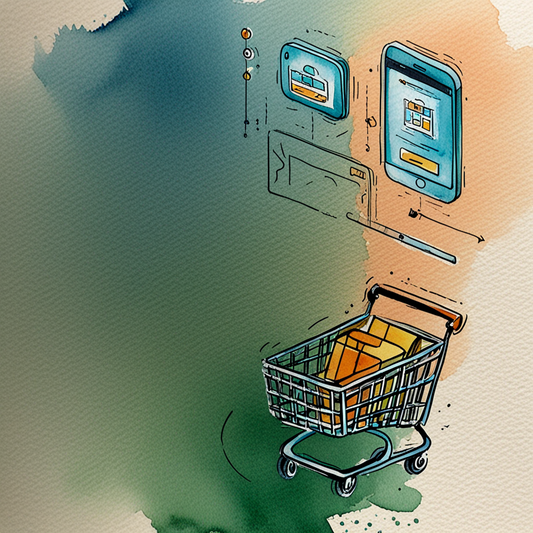
Why API Integrations Are Essential for Your Shopify Store
Share
Why API Integrations Are Essential for Your Shopify Store
Shopify is one of today’s largest cloud-based eCommerce platforms, if not the largest. When your business relies on Shopify, two key realities become clear: your eCommerce store is the core of your operations, and your store’s data is vital to every aspect of your business. Your ability to effectively manage, grow, and promote your brand largely depends on the systems and services that interact with your store data. While Shopify itself offers numerous built-in tools, it doesn't cover every possible business need. For additional functionality, your store will often require integrations available through APIs.
What Are Shopify API Integrations?
API integrations create a connection between two separate systems—for example, Shopify and QuickBooks. These integrations allow data to flow smoothly between different platforms, converting information into formats that each system can understand and act upon. For instance, Shopify specializes in eCommerce, whereas QuickBooks focuses on finance and reporting. Such integrations typically come packaged as apps available on the Shopify App Store.
Saving Time and Resources
Imagine manually entering each new Shopify order into QuickBooks as your business grows—it would quickly become unmanageable. API integrations eliminate this tedious manual process by automatically transferring order data between systems. If your store experiences high sales volumes, you may run into data transfer limitations with standard Shopify plans; in such cases, upgrading to Shopify Plus could be beneficial, as it offers higher data transfer limits.
Reducing Data Errors and Duplicate Entries
Manual data entry is not only time-consuming but also prone to errors and duplication. Automated API integrations significantly reduce these risks, providing accurate and consistent data transfer. Returning to the QuickBooks example, automated data synchronization ensures your financial reports are accurate, reliable, and current.
Real-time Data Delivery
Real-time data streaming between your Shopify store and connected systems enables you to analyze trends and react quickly. You can swiftly identify shifts in customer demand triggered by promotions, seasonal events, or bundled product offerings. Having immediate access to data helps you make informed decisions, optimizing inventory levels and refining sales strategies to enhance operational efficiency and profitability.
Maintaining Data Integrity and Validation
Your store’s data constantly evolves—products become unavailable, substitutions are made, bundles change, or returns occur. Any change in one system needs to be reflected accurately across all integrated platforms. API integrations track and update these changes in real time. Robust integrations ensure data integrity, minimizing discrepancies that can arise from unsynchronized information. Effective data validation through integrations ensures your business decisions remain informed and dependable.
Improved Collaboration Opportunities
API integrations enhance collaboration by providing accurate data to your business partners. For example, accountants who use QuickBooks can work more efficiently with your data formatted and delivered automatically. Likewise, integrations with logistics providers ensure that your customers receive timely updates about their orders, reinforcing accountability and reliability across your operations.
Conclusion
Shopify is undoubtedly powerful, but successful eCommerce businesses typically rely on additional specialized systems for optimal performance. API integrations seamlessly connect your Shopify store with these essential platforms, ensuring efficient data flow, improving accuracy, and supporting better decision-making. If you're looking for expert advice or assistance with API integrations, feel free to reach out—we’d be delighted to help!



